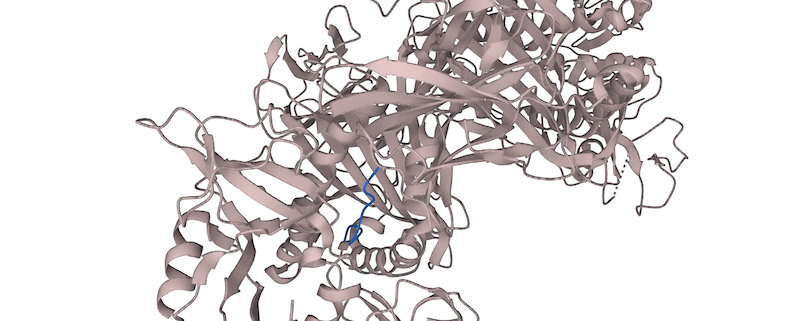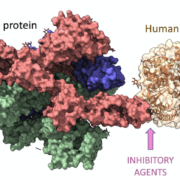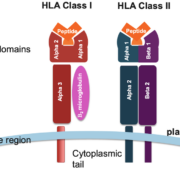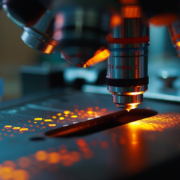The HLA-G Gene
HLA-G is a Major Histocompatibility Complex (MHC) gene located on human chromosome 6. The gene is a member of the HLA-A, -B, -C, -E, -F, and -G family of molecules, which are involved in the regulation of the immune system and other cellular functions. HLA-G is expressed at the surface of cells in a variety of tissues and organs, including thymus, spleen, testis, lymph nodes, and placenta.
HLA-G plays a critical role in the development of the fetal-maternal interface and in the maintenance of pregnancy. It is essential for the immunological tolerance of the mother towards the fetus and for the development of an immune response to fetal antigens. HLA-G is also involved in the regulation of immune cell activity and in the prevention of tissue damage caused by inflammation.
HLA-G is known to interact with several different receptor molecules, including CD8, CD4, and NK (natural killer) cells. This interaction leads to the modulation of the immune system, allowing the protective and anti-inflammatory effects of HLA-G to be experienced. In addition, HLA-G has been shown to inhibit the production of pro-inflammatory cytokines, which are important mediators of the inflammatory response.
In addition to its role in immunological tolerance and regulation of immune responses, HLA-G is also thought to be involved in the control of the cell cycle and cell death. It is believed that HLA-G may play a role in the prevention of cancer and other diseases by suppressing the growth of tumor cells and reducing the risk of tumor cell invasion.
Recent research has shown that HLA-G may also have a role in the development of autoimmune diseases, including Type 1 diabetes, multiple sclerosis, and rheumatoid arthritis. It is thought that HLA-G may be involved in the regulation of autoantibody production and in the modulation of the immune response. Further research is needed to better understand the role of HLA-G in autoimmune diseases.







 The Sequencing Center
The Sequencing Center

Leave a Reply
Want to join the discussion?Feel free to contribute!